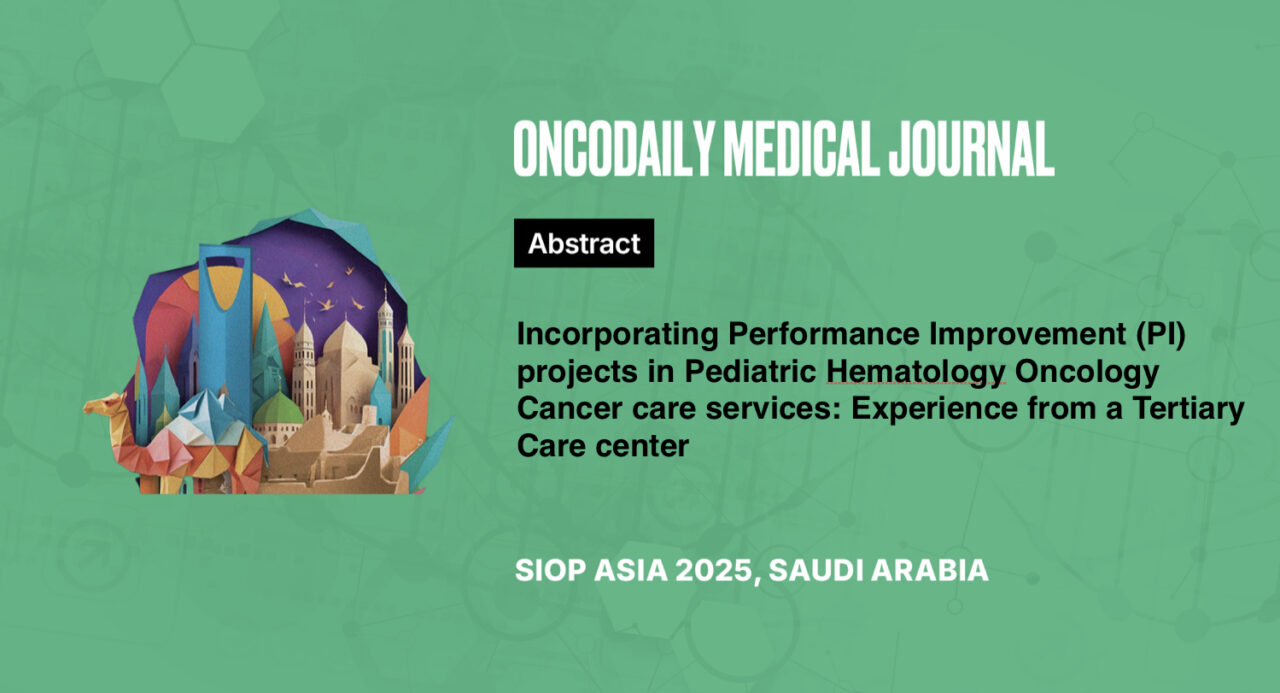Incorporating Performance Improvement (PI) Projects in Pediatric Hematology Oncology Cancer Care Services: Experience from a Tertiary Care Center
Abstract
Introduction: Performance improvement (PI) projects can ensure healthcare systems function seamlessly to deliver highest-quality, and timely patient-care whilst maintaining maximum utilization of resources.
Methodology: We perform retrospective-review of and report outcomes of PI projects initiated as part of the institutional Robust PI drive aimed at improving several Key performance Indicators (KPIs) in pediatric hematology oncology services: access to patients, virtual care (VC) and average length of stay (ALOS).
Results: Baseline targets were set in 2022 and compared at the end of fiscal year 2023 and 2024: access to new follow-up outpatient slots the turn-around-time reduced from a baseline of 26 days in 2023 to 14 days and 12 days in 2023 and 2024, respectively. Access to VC visits improved from 344 patients in 2022 to 1305 and 1921 in 2023 and 2024, respectively. Infusion areas utilization improved from 60% in 2022 to 73% and 76% in 2023 and 2024, respectively. The ALOS reduced from 12.3 days in 2022 to 11.9 days and 10.4 days in 2023 and 2024, respectively.
An increase in new tertiary care cases from 657 new cases to 795 and 828 new cases in 2023 and 2024, respectively. Outcomes had direct impact on access to tertiary care evident from an increase in new tertiary care cases and sub-specialized therapeutic modalities such as stem cell transplantations with an increase observed from a baseline of 145 transplants in 2022 to 151 and 156 transplants in 2023 and 2024 was observed. Several projects were rewarded as best performance improvement projects at the institutional level during 2023 and 2024.
Conclusion: Novelty of this methodology was demonstrated by incorporating PI projects with focused interventions for strategic healthcare domains capable of improved operational efficiency. Further, this initiative may serve as a “Blueprint” that could be customized in any healthcare setting.





